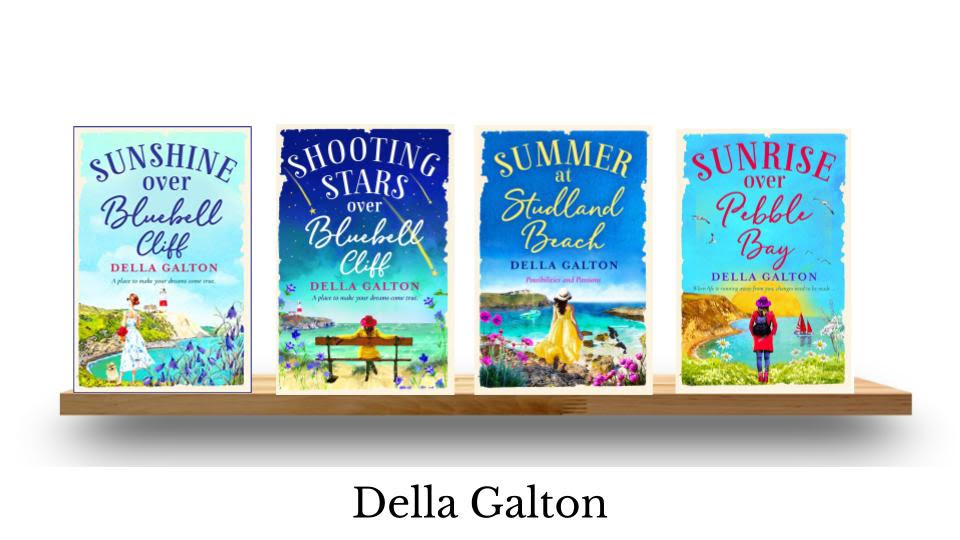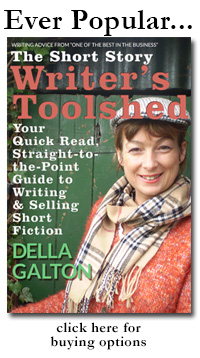Market research is a lot simpler than it sounds. If you want to sell short stories then you need to find out who buys them and what they are looking for.
Do research your market before sending anything. Read several stories in the magazine or other market you intend to write for. I find it helps to tear them out and lay them side by side. It’s much easier to see style, length of sentences and the language used.
The age of your market’s readership is very important. Your story should reflect the interests of your target reader. Adverts are a very good indicator.
Check to see if your editor prefers first or third person viewpoint. Do they take male viewpoint, double viewpoint, narrative viewpoint? In my experience most editors do have a preference.
Try to be different without going outside the parameters.
Don’t send more than one story in the same envelope. A My Weekly editor once told me that if she receives two or three stories in an envelope from the same author, she will automatically grade them in order of merit and if she is going to buy, will buy the best one. The stories would have to be outstanding for her to buy more.
By all means send more than one story to a magazine, but not in the same envelope and not at the same time. A week or so between each one is about right. Having several stories out at a time lessens the pain of rejection.
Keep records so that you know where your work is, date sent etc. I decide before sending a story out for the first time, exactly where it will be going for the first few markets. I sell 40% of my work first time out. Overall, I sell approximately 94% of the stories that I write. If I gave up after the first time out, I wouldn’t be able to make a living.
If a story comes back from the first market you try, it may well need re-writing for market number two. People’s Friend and Take A Break have very different requirements.
Rewrite, particularly if an editor comments.
There are various levels of rejection slip. A plain compliments slip from the editor with nothing written on it is probably about the worst. If you are getting close, many fiction editors will tell you. D C Thomson editors often send out what they call a “see more” letter, i.e., we would like to see more of your work. If you get one of these letters, follow it up with a new story as soon as possible.
Up your game – come on my How to Write and Sell Short Story course on Saturday 9 March in Bournemouth. Details on the courses page of this website. Why not email me for more details.
The only way to avoid rejections is the also the only way to avoid success. Do not send anything at all. That way you can proudly tell everyone that you haven’t a single rejection in your cupboard. For the record, I have hundreds. I have never met a successful writer who hasn’t. Good Luck.





This post struck a cord, Della. Early last year, when I first started writing, I had one of those ‘see more’ letters. I did exactly that and now have several sales with the magazine. I agree with checking what each magazine likes – it was a while before I noticed that the stories I had sold to a magazine, that I had written in present tense, had been changed to past tense on publication. I now only write in past tense for them.
How fantastic Wendy. I’ve heard of so many writers who didn’t follow these up 🙁
And keeping a keen eye on the market is everything.
Excellent advice there Della. Thanks. And if I lived in Bournemouth I would be at one of your courses in a heartbeat!
What a lovely thing to say, Laura. Thank you x
Your success rate has been my inspiration since we met several years ago when you ran a workshop at a South & Mid-Wales Writers week-end in Abergavenny. Endorse everything you say above.
Gosh, Julie, that was a long time ago. Thanks, and how are you?
Great advice! Wendy, I learned that lesson about tenses for a certain mag the hard way, too!
Excellent article and very encouraging. All true as well. You know what they say – to increase your success rate you need to double your failure rate. When I got my first rejection letter I was thrilled. Now I really am a writer, I said.